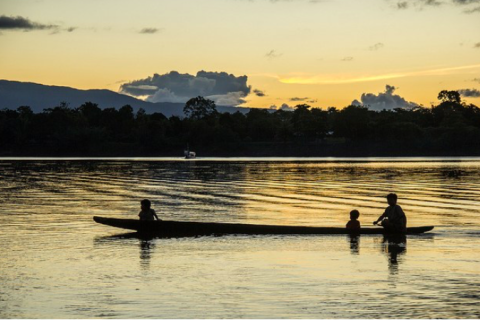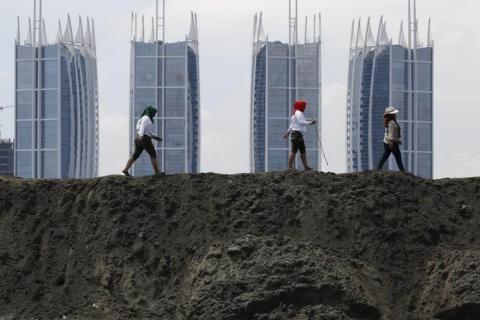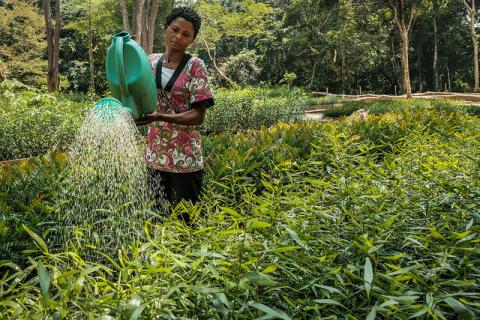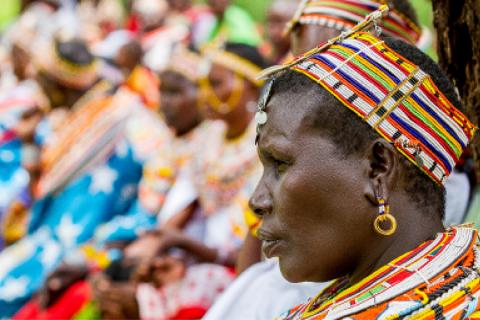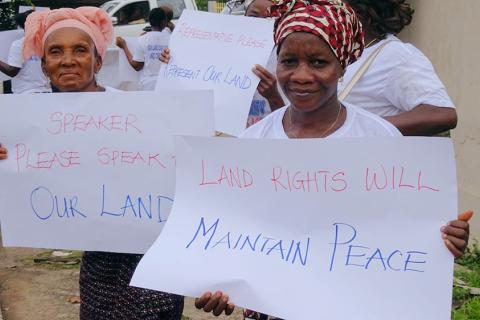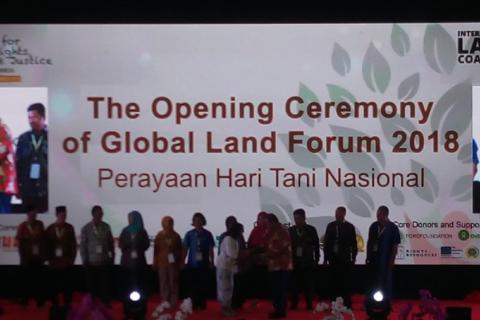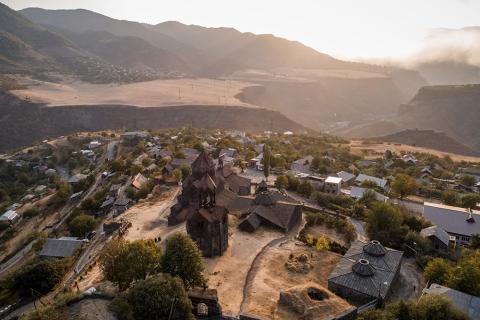Securing rights of indigenous peoples and local communities may curb global warming
We cannot restore tropical forests without restoring the rights of their traditional owners.
Implementing a coordinated global response to curb demand for energy and eliminate further deforestation would reduce the need to deploy artificial carbon dioxide removal technologies, according to a decisive report from the U.N. scientific panel on climate change.

